Comparing Resin Bound vs. Traditional Concrete: Which is Right for Your Perth Home?
Introduction to Resin Bound and Traditional Concrete
When it comes to selecting the right material for your Perth home's driveway, patio, or walkway, two popular options often come to mind: resin bound surfaces and traditional concrete. Both materials have their benefits and drawbacks, making it essential to consider your specific needs and preferences before making a decision.

What is Resin Bound?
Resin bound surfaces consist of natural aggregates mixed with a clear resin binder. This combination creates a smooth, durable surface that is both visually appealing and functional. Resin bound surfaces are known for their permeability, allowing water to drain through the surface, which helps to reduce puddles and flooding.
One of the main advantages of resin bound systems is their aesthetic appeal. Available in various colors and textures, they can be customized to complement the existing design of your home. Additionally, the flexibility of resin allows it to accommodate slight movements in the ground without cracking, which can be a significant advantage in areas with fluctuating temperatures.
Traditional Concrete: A Time-Tested Choice
Concrete has long been a popular choice for driveways and pathways due to its durability and cost-effectiveness. Traditional concrete is made from a mixture of cement, sand, and gravel, resulting in a strong and long-lasting surface. It's ideal for high-traffic areas due to its robust nature.

While concrete may not offer the same level of customization as resin bound surfaces in terms of color and texture, it can still be stamped or stained to achieve various designs. However, one potential drawback of concrete is its tendency to crack over time, especially if not properly installed or maintained.
Comparing Durability and Maintenance
When comparing durability, both resin bound surfaces and traditional concrete are robust options. However, resin bound surfaces tend to have an edge due to their flexibility and resistance to cracking. The permeable nature of resin also helps prevent issues related to water pooling and freeze-thaw cycles.
In terms of maintenance, both surfaces require minimal upkeep. Resin bound surfaces can be easily cleaned with a pressure washer, while concrete may require occasional sealing to maintain its appearance and longevity.

Cost Considerations
The initial cost is always an important factor when choosing a surface material. Generally, the installation cost for resin bound surfaces can be higher than traditional concrete due to the complexity of the installation process and the cost of materials. However, resin bound surfaces may offer savings in the long run through reduced maintenance and repair costs.
Environmental Impact
Considering the environmental impact is crucial in today's world. Resin bound surfaces are more environmentally friendly due to their permeability, which reduces runoff and promotes natural water drainage. This feature can help prevent local flooding and promote groundwater recharge.
Concrete production has a higher carbon footprint due to the energy-intensive process of creating cement. However, some manufacturers are now producing eco-friendly concrete options that incorporate recycled materials or reduced cement content.
Conclusion: Making the Right Choice for Your Home
Ultimately, the decision between resin bound and traditional concrete depends on your specific needs, preferences, and budget. If you prioritize aesthetics, customization, and environmental benefits, resin bound surfaces may be the right choice for your Perth home. On the other hand, if cost-effectiveness and proven durability are your main concerns, traditional concrete remains a reliable option.
By carefully considering the features and benefits of each material, you can make an informed decision that enhances both the functionality and appearance of your home's outdoor spaces.
